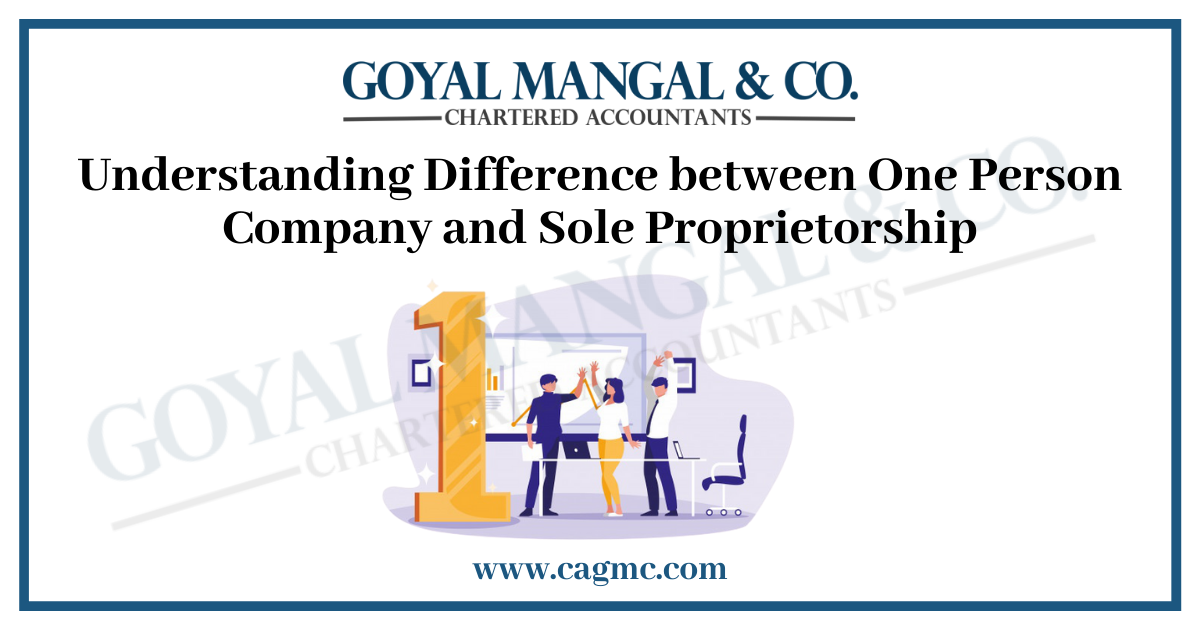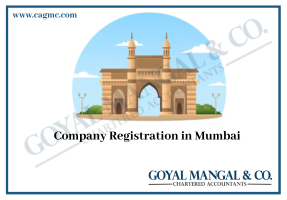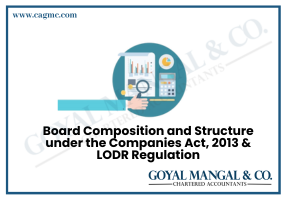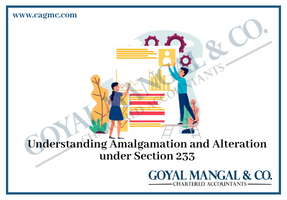
OPC and Sole Proprietorship, though the names sound similar with words in reality the approach and aspect are different from each other. In OPC allocation of share to run the business is held by single person who runs the company. Whereas in sole proprietorship the business is completely owned and operations are executed by one individual and the business and individual are identical with no discretions. Let us move forward and dig in more details on the difference between OPC and sole proprietorship.
|
Table of Content |
What are the various types of Company?
Companies get classified based on their incorporation, number of members, size, motive etc.

The companies Act, 2013 lists the types of companies that are eligible of promotion and registration upon the powers vested by the Act. The three basic types of companies are –
- Private limited company
- Public limited company
- One person company
The above mentioned companies can be formed and for any lawful purpose abiding the provision as mentioned in the Law.
Features of One Person Company and Sole Proprietorship
- Sole Proprietorship:
- Simplest form of business involving an individual for business activities.
- An individual who’s managing the work is known as sole proprietor.
- Registration is not compulsory.
- Minimum and maximum number of member for sole proprietor is only one.
- Sole proprietors are personally liable for the debts incurred.
- A sole proprietor is not a legal entity like any other form of business.
- Naming of the business can be done after his/her name no rigid rules applied in this regards.
- Capital investment is based on one’s own (sole proprietor) which are open and subjective to financial failure.
- In case of loss in business due to which the sole proprietor becomes ineffective in paying the debts, the creditors towards such sole proprietor can raise a law suit and hold the sole proprietor personally liable and can discharge against his/her personal assets.
- There can be no foreign ownership.
- Flexible working hours
- No need to conduct board meeting and annual meetings.
- The sole proprietor cases to exist after the death/ incapacity of the proprietor.
- Taxed as an individual.
Sole proprietor makes an individual owner and deciding authority and has power to appoint and delegate works to assistance etc but despite all these sole proprietor has some major limitation which questions the life and credibility of the exclusive purpose of the business.
- Unlimited Liability
- Brand Value
- Availing Loan
- Marketing and Reach
- Credibility
To overcome these mishap the Government of India introduced OPC under Companies Act, 2013.
- One Person Company:
By Introducing OPC, the Government organizes un-organised sector into organised. Whereas OPC has a corporate structure and guided as per Memorandum and Articles of Association. Some of the features of OPC are:- OPC can be registered under MCA and Companies Act, 2013.
- By registering the company as OPC the sole proprietor are provided with an opportunity to step into corporate world.
- The liability of the company shall be limited by having separate legal entity.
- Meetings are mandatory to be conducted as per regulations mentioned in Companies Act.
- Minimum number of member one and maximum is two.
- Foreign ownership can be entertained when one of the director or nominee being a foreigner.
- The existence and survival if OPC is independent “people may come and go but the company shall go on forever.”
- Taxed 30% on profits + cess and surcharges.
Difference between OPC and sole proprietorship
- Separate Entity

- Liability

- Taxation

- Succession

- Funding

Conclusion
Being similar in purview on name sole proprietor and OPC are two separate and unique entities in terms of working and law. Working as sole proprietor grants a privilege to make solo decision for which the proprietor is no way entitled or accountable for answering others.
OPC is treated as a private company having separate legal entity and limited liability a sole proprietor is not entitled for any privileges that are enjoyed by an OPC. Every company i.e. registered as an OPC is treated as private company and thus forth it is mandatory to hold one Board of Director’s meeting and two meetings not less than 90 days which is an exemption in case of sole proprietor. In both the cases it allows the person to work in their own hours and puts the person liable for all the action that one incurs.
“Those who don’t prefer the risk of unlimited liability can incorporate their business under OPC.”







